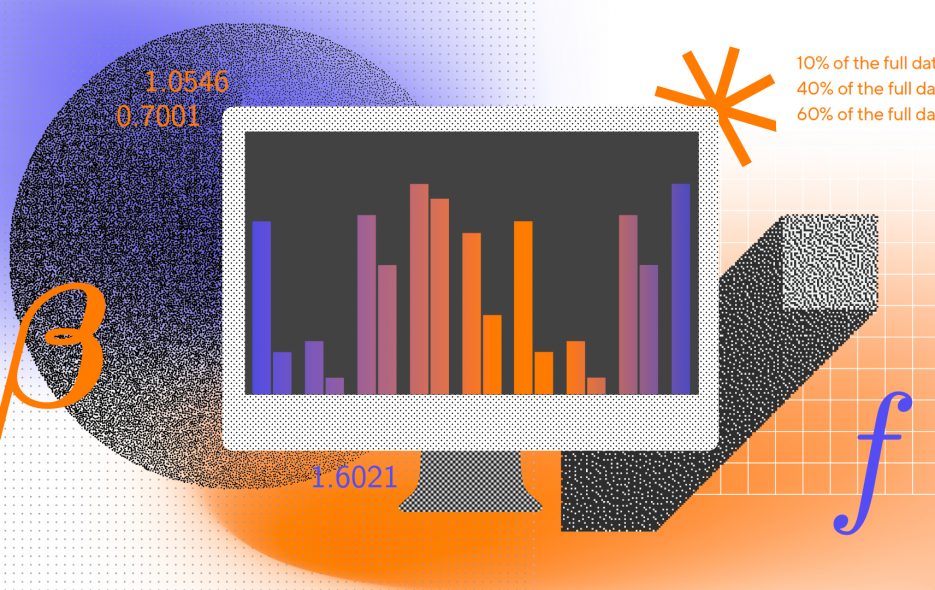Machine Learning Based Econometrics
The course covers modern machine learning methods as they apply in economic research. It forms students’ understanding of the commonalities and differences between machine learning methodologies and traditional econometrics, and it helps master theoretical and practical principles and techniques for using machine learning in business analytics using software which is the current industry standard.
About the Course
Machine learning methods are increasingly used in economics, finance and econometrics. Despite the difference in approaches between traditional econometrics and machine learning, these areas often solve methodologically similar tasks.
The purpose of the course is:
- to teach modern machine learning methods, their role in economic research,
- to form students’ understanding of the commonalities and differences between machine learning methodologies and traditional econometrics,
- to help master the theoretical and practical principles and techniques required for using machine learning in business analytics with modern software packages.
The course combines classical econometrics with statistical machine learning from the point of view of a business analyst, facing practical problems related to potentially large amounts of data.
Course Programme
Module 1. Machine learning: Part 1
Module 2. Machine learning: Part 2
Module 3. Big Data Processing Methods in Econometrics
Module 4. Project
After the course, students will:
— be able to carry out econometric analysis in various areas of the economy, including the construction of forecasts of socio-economic development indicators at the enterprise, region, country level using both traditional econometrics methods and machine learning models;
— be able to analyze and use various sources of information to conduct socio-economic calculations, classifications and predictions;
— be able to make a forecast of the main socio-economic indicators of the enterprise, industry, region and the economy as a whole;
— be able to choose and apply suitable machine learning methods for solving economic problems using the Python programming language, as well as libraries such as: Scikit-learn, Pandas, Numpy, Scipy, Statsmodels, LightGBM;
— possess modern skills in processing and analytics of big data. Students will get acquainted with the following big data processing technologies: Apache Hadoop, the MapReduce computing paradigm, as well as Apache Spark.
-
Людмила Викторовна Гадасина
Кандидат физико-математических наук, доцент, заведующая кафедрой информационных систем в экономике





